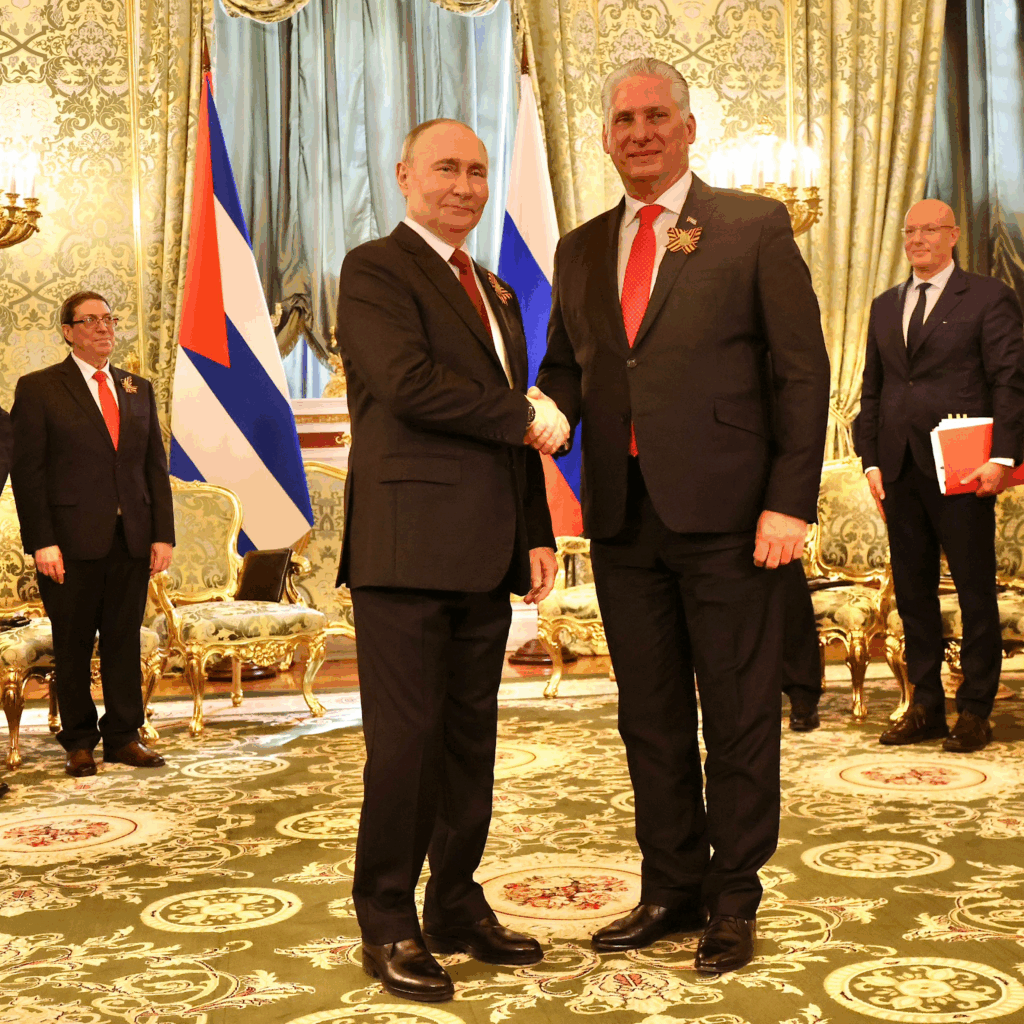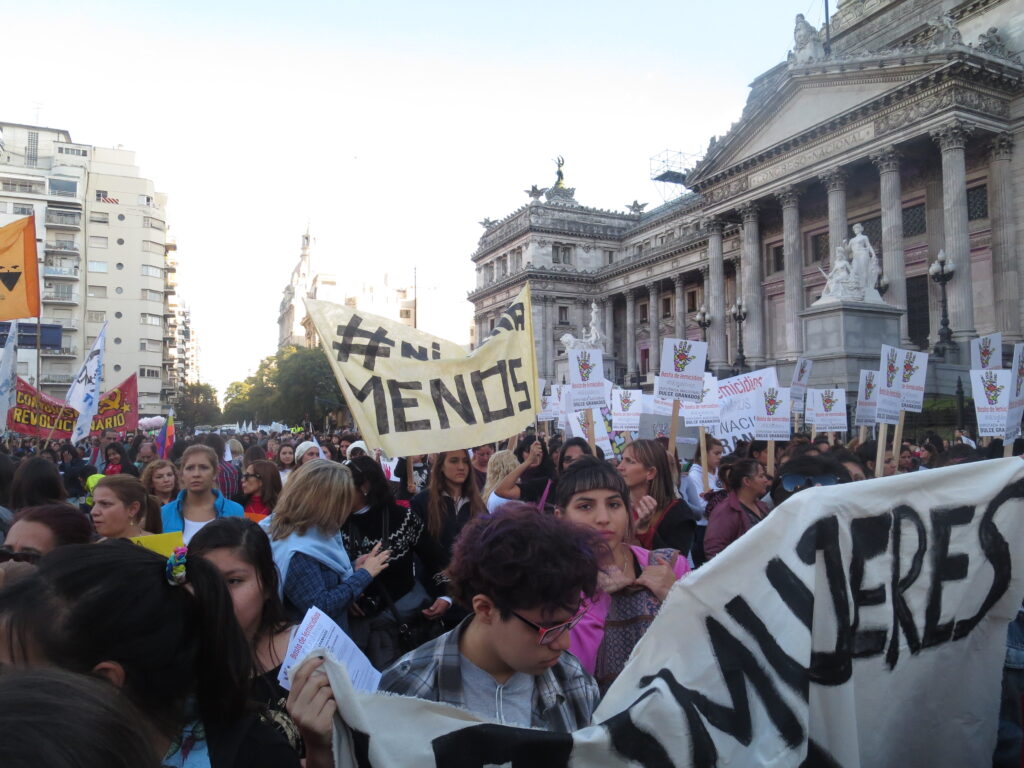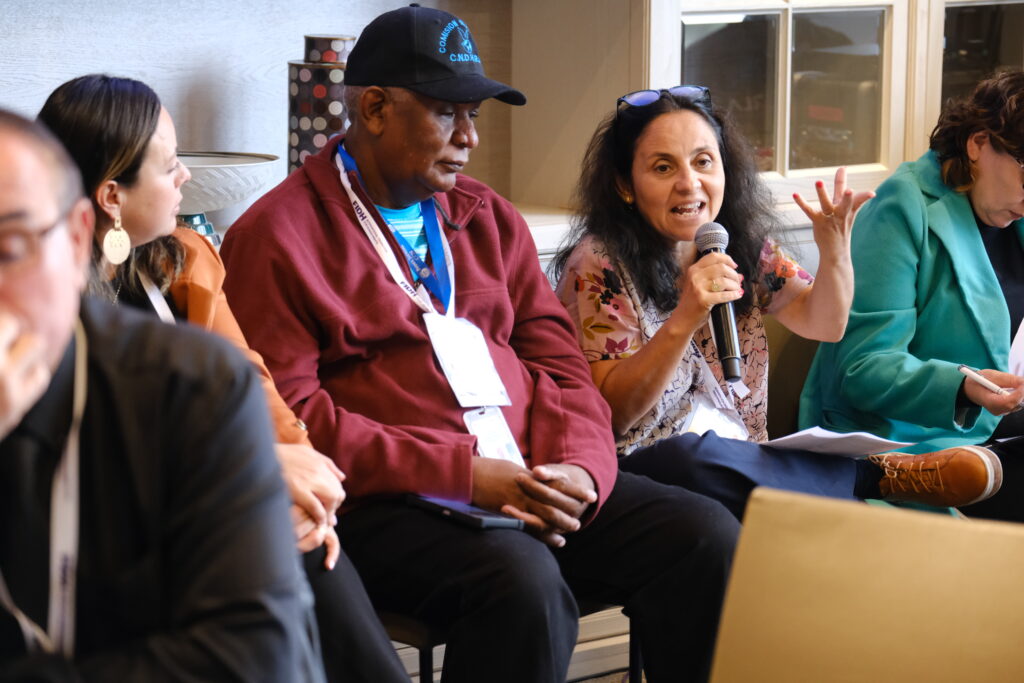For the 33rd year in a row, the United Nations General Assembly overwhelmingly demanded an end to the United States’ long-standing economic embargo against Cuba, a policy rooted in the early days of the Cuban Revolution.
The embargo, enacted in 1960, effectively severed most trade and financial ties between the two nations, restricting exports to Cuba and prohibiting imports from the island unless granted specific exceptions. This year’s vote saw 165 nations supporting the resolution, a powerful signal of global discontent.
While the resolution passed with a substantial majority, the outcome revealed a subtle shift from the previous year. Twelve nations chose to abstain, and seven voted against, marking a slight increase in opposition compared to the almost unanimous condemnation seen before.

This change appears linked to a recent, intensive diplomatic effort by the United States. American diplomats were reportedly dispatched to dozens of countries, particularly in Europe and Latin America, with a clear mission: to persuade nations to either oppose or abstain from the UN vote.
The core of the U.S. argument centered on allegations of Cuban military support for Russia in the ongoing conflict in Ukraine. A State Department cable instructed diplomats to highlight this alleged assistance as justification for resisting the resolution.
Cuban President Miguel Díaz-Canel has publicly expressed admiration for Russian President Vladimir Putin and placed blame for the war on the U.S. and NATO. However, the Cuban government vehemently denies any direct military involvement in Ukraine, asserting its neutrality.
Adding another layer to the complexity, Cuba’s Foreign Ministry announced it was taking legal action against its own citizens suspected of fighting as mercenaries in Ukraine. Nine criminal proceedings have been initiated against 40 individuals accused of mercenarism.
Ukrainian officials claim as many as 20,000 Cubans may have been recruited by Russia to fight in the war, a figure the U.S. State Department estimates to be closer to 5,000. This discrepancy fuels the escalating tensions between Havana and Kyiv.
The diplomatic friction erupted during the UNGA debate itself. U.S. Ambassador Mike Waltz delivered a scathing critique of the Cuban government, labeling it an “illegitimate Communist regime” and demanding improvements in human rights and living conditions.
Waltz’s remarks were met with an immediate and forceful response. Cuban Foreign Minister Bruno Rodríguez Parrilla interrupted the speech, denouncing Waltz’s comments as “uncivilized, rude and gross,” a clear indication of the deep animosity between the two nations.
The fallout from the vote extended beyond the UN chamber. On the same day, Ukraine announced the closure of its embassy in Havana and a downgrading of diplomatic relations with Cuba.
Ukrainian officials accused Cuba of “inaction” in addressing the recruitment of its citizens into the Russian army, framing this perceived indifference as “complicity in aggression” and demanding condemnation. The situation underscores a rapidly deteriorating relationship between Cuba and Ukraine.



